THING 006 : OBSTRUCTION 

RICHARD WHITTLE


(NO SUBJECT)
 2016
2016
☁️ོ
BETH COLLAR


STARTED THINGS, BUT IN QUARANTINE




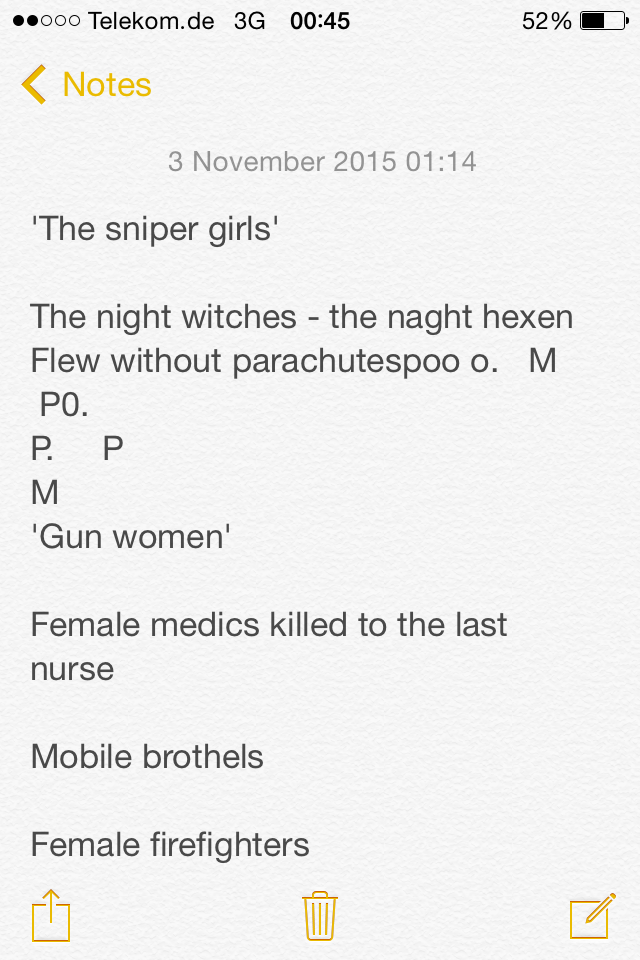

MICHAEL KENT


ZZYZX
JACK BRENNAN


THREE BOTTLENECKS
1
Returning from a cycling holiday touring small vineyards in the Jura region of Eastern France, the young married couple Ferbane passed a road traffic accident on route A39, part of the main road-link between Geneva and Dijon. Mr Jordain, a senior administrator at the European Organisation for Nuclear Research, more widely known as CERN, was returning from the French city’s Museum of Sacred Art when he lost control of his powerful Mercedes 420SE on surface water. Skid marks proved the luxury sedan had pitched to the offside of the road before whipping across several lanes of traffic and into the barriers of the central division, probably as the desperate Jordain, 47 at the time of his death, tried to regain control.
The energy dissipated in the collision sheered off the roof of the car and launched Jordain’s body forward. (He was not wearing a seatbelt.) Dying instantly, Jordain, by some mechanism, was eviscerated and liquidised, becoming a red triangular projection on the road with the Mercedes’ steering column at its apex. The engine block detached from the chassis and projected through the radiator, leaking dark brown oil and petrol onto the rain-slick and blood-covered road. Forensic teams would later say the spread was consistent with safe driving speeds for the conditions, and that Jordain had been unlucky. Tailbacks formed, one kilometer-long Southbound and two North, as motorists avoided wreckage and debris straddling both carriageways. When the couple Ferbane passed, the petrol was on fire, perhaps ignited by a stray cigarette.
On returning to London, Ms Ferbane began writing commercial fiction under the pen name Vaughan Scharf. Her pulp-crime novellas, known for their extremely graphic content and sexually shameless protagonists, came to attract a cult following and the Ferbanes lived comfortably-off. Shortly after the publication under her own name of Loves of a Girl Wrestler, an account of her childhood and adolescence as the daughter of an Irish diplomat in rural Wallonia, for which she received critical acclaim, Ms Ferbane committed suicide, opening her carotid artery with a penknife from Thiers, France.
Her husband explained that she had had excellent knowledge of both anatomy and continental cutlery. They had been in Jura that year in order to drink wine made from the rare grape variety, Savagnin. ‘When I see a headline like “Airshow Crowds Injured as Downed Plane Ignites,” I really miss her,’ he added.
2
At a dinner party in Söllingen, given by an industrialist known for his patronage of experimental composition, we were served an unorthodox version of the potato gratin dish, tartiflette—this one prepared with aubergines. Far from a traditional recipe anyway, tartiflette was devised in the nineteen eighties by the producers of Reblochon cheese as a promotional tool. Our host cooked cubes of aubergine and potato in butter with a hint of garlic, and explained the necessity of deglazing the orange ceramic pan from time to time, using white wine vinegar and wine itself. I began to tell of the long-past occasion a beautiful French lover had cooked me tartiflette with the more popular addition of lardons. She was 19 and I was 31. Rightly, my partner for the night became irritated by my tasteless anecdote and conversation moved on.
All those years ago, as Iseult rendered the fat out of the lardons, tipped in the potatoes in rounds, which she favoured, and deglazed the onions’ caramelised sugar with cider, for she was Bretonne, we drank so much beer that we became very lively. The waxy potatoes took forever to cook, and, for reasons no-one remembers, as is the way with these things, we fell into an enormous though well-spirited argument, just as Iseult was slicing some herbs. At some peak in the tenor of things she forced the well-maintained blade down through the stems of thyme and through her plump fourth finger, severing the pad, which she threw into the pan, laughing. After tending to her wound together, we baked the tartiflette and ate it, suspecting the fingertip would be indistinguishable from the lardons, which as far as I could tell it was. I didn’t see much more of Iseult and it now seems to me important to hope it was I that ate the fingertip.
The industrialist had intended to open a case of a well-rested dry Riesling with our dinner but found that nearly every bottle was corked. However, our host was completely affable and smoothed over the awkward moment, opening some young Pouilly-Fumé and relating the importance of drinking white wine throughout dinner to prevent the formation of ‘a stone of cheese on the stomach,’ as he phrased it.
3
Ainsley Michaeljohn, 47, today graduated from the prestigious Royal Academy of Fine Arts, Jutland, this despite her advanced age. Speaking to the press, assembled, she said ‘I consider myself to be an inspiration.’
Seventeen-year-old Ilse Malebranche, onlooking, confirmed this, saying ‘I hope someday I can achieve what she has, although it’s taken time. Of course, I have my own considerable physical deficiencies to overcome, as well.’
A man, 52, locally of good repute, remarked ‘It isn’t easy getting things done as you get older. I had always thought Ainsley was my age. My ship has sailed, but Ainsley is just getting started.’
LEWIS FOX


BREXITIST VACUUM

ALEXIS MILTON ECONOMOU


MACHINES OF ENDLESS POVERTY
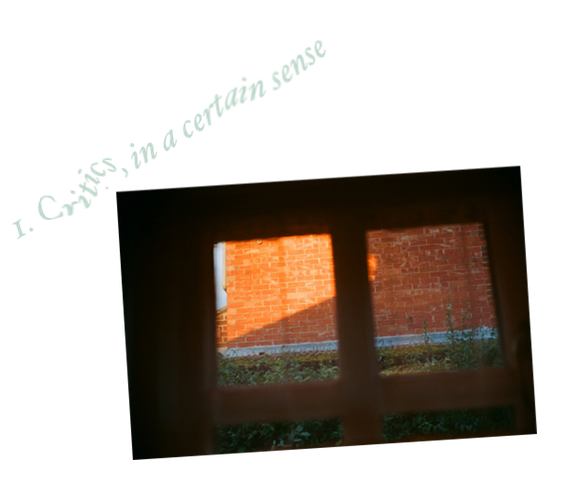
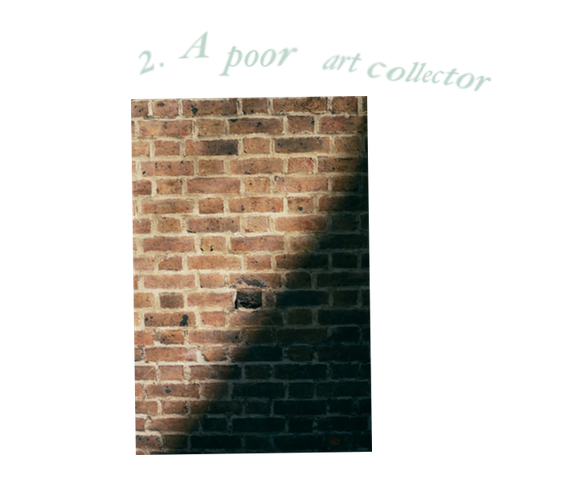
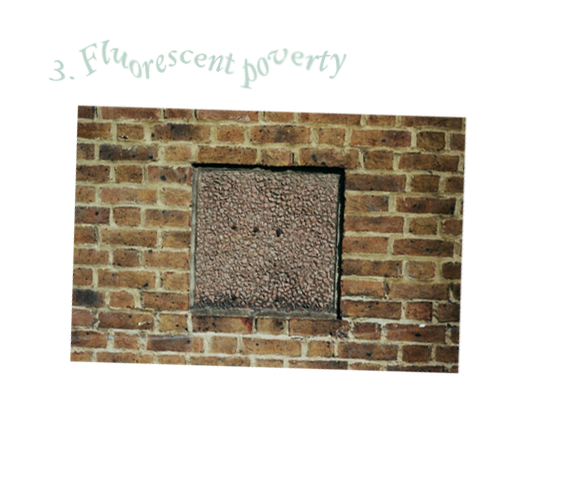
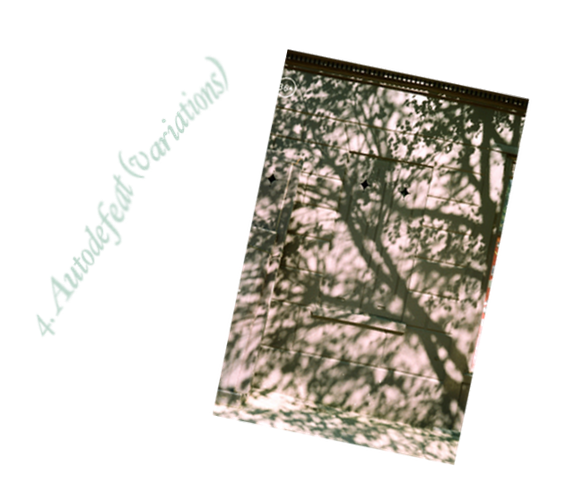
DAVID PRESTRIDGE


PHOTO OF TRUCK

RACHEL MARSHALL


ORAL TRADITIONS FROM NORTHUMBERLAND
ERCHEN CHANG


FEVER, WRINKLES AND SWEAT
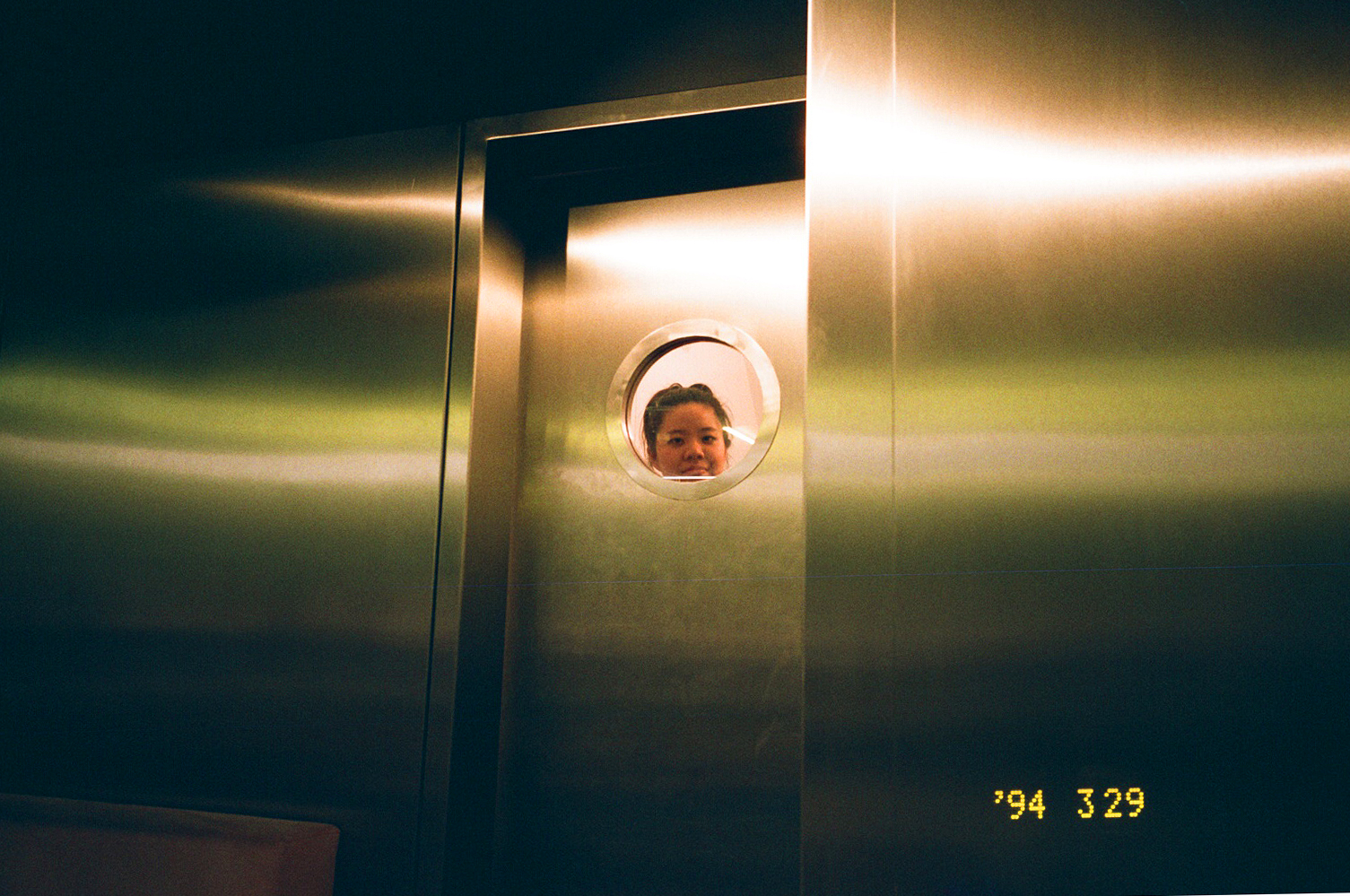 前方,有個小門擋住, 後方,液體沒預警地全速膨脹,越流越多,多到無垠,無法抵擋。
前方,有個小門擋住, 後方,液體沒預警地全速膨脹,越流越多,多到無垠,無法抵擋。
眼前,儼然黑掉, 又似乎是空掉, 身體彷若變得輕飄飄,卻又無比沈重。頭顱上的毛孔, 太小, 但孔後方卻澎濤洶湧。頭顱萬孔一起同步,快速的,流線向上, 用力的向前推。
推推搡搡,擠兌擠兌。悶呀!眾人互相摩挲..…摩挲,爆炸了!
就在彼刻, 全部的小門同時擠碾,碾出一顆汗。一顆碩大碩大的汗!
這顆汗,順著輪廓的肌理, 流過髮際、頰窩, 慢慢地,滑至嘴角,再順勢劃過下顎,最後滴入,夢靨裡。
這汗滴,原本炙熱難熬,流出來後,卻沁涼津津,頓時間,
 The hay fever’s been bad this year. I’ve been having nightmares in between midnight sneezings. At night whilst I sleep, I sometimes have epiphanies – dreaming of cracking dishes that I struggle with in the day time. When I actually get in the kitchen and try to follow through what I dreamt, it doesn’t normally work. But it makes me feel really energised. Every morning when I look into the big mirrors that are full of dust in my new Soho flat, the dark circles around my eyes grow out slowly, deeply. More and more wrinkles are forming – I can feel it through my soft skin.
The hay fever’s been bad this year. I’ve been having nightmares in between midnight sneezings. At night whilst I sleep, I sometimes have epiphanies – dreaming of cracking dishes that I struggle with in the day time. When I actually get in the kitchen and try to follow through what I dreamt, it doesn’t normally work. But it makes me feel really energised. Every morning when I look into the big mirrors that are full of dust in my new Soho flat, the dark circles around my eyes grow out slowly, deeply. More and more wrinkles are forming – I can feel it through my soft skin.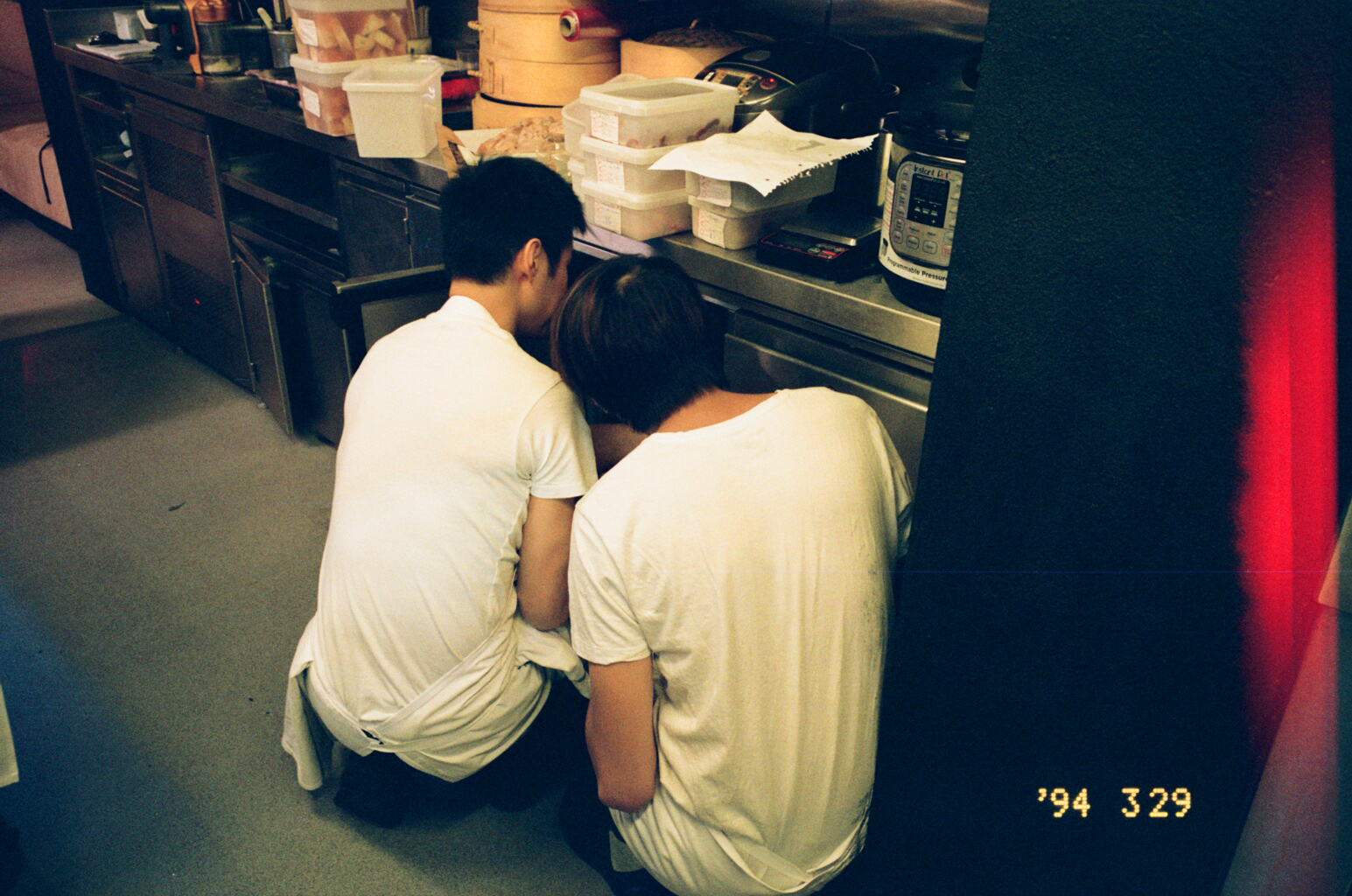
JUSTIN FITZPATRICK


LAWRENCE PARDOE


DISPONIBLE
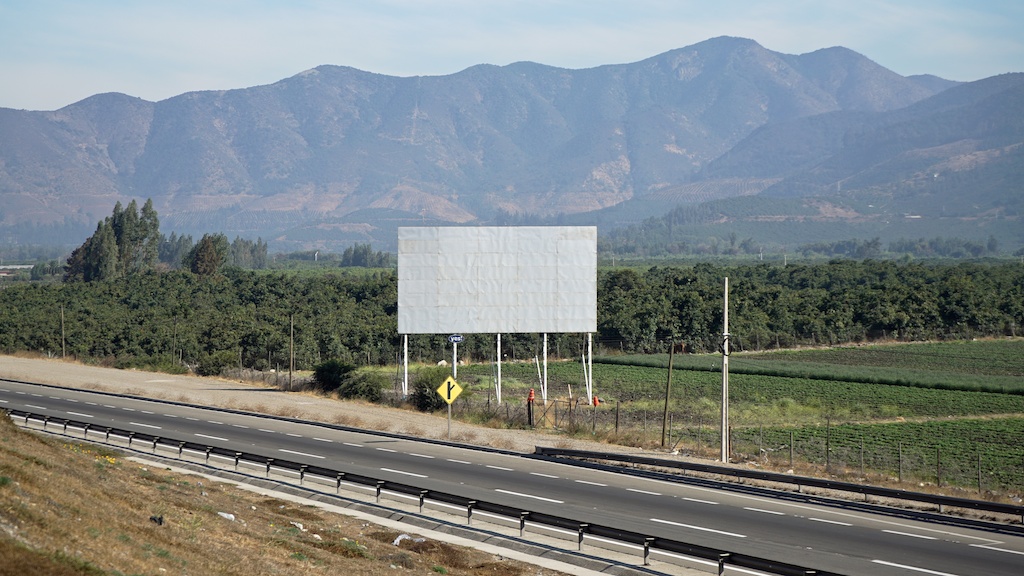
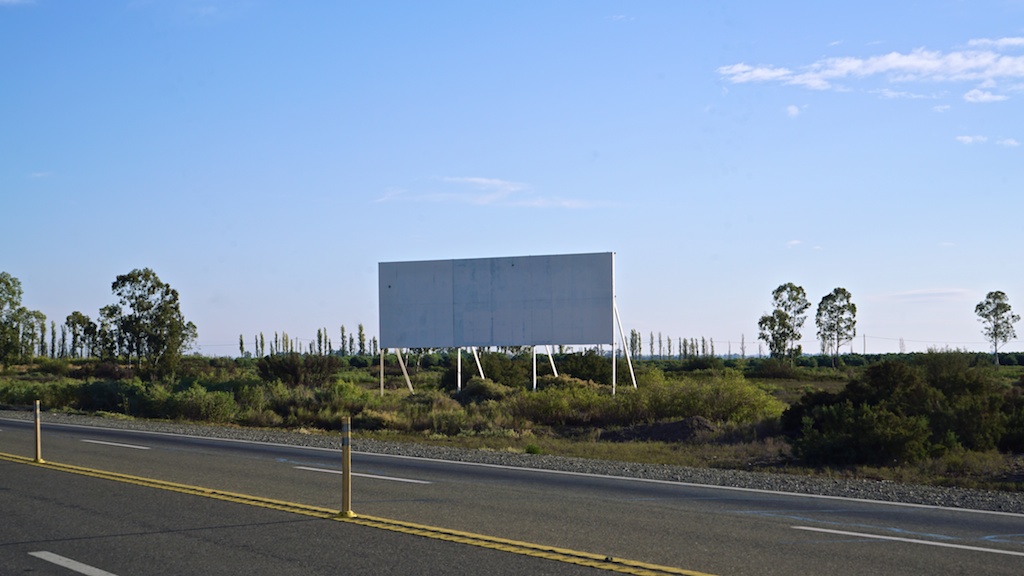

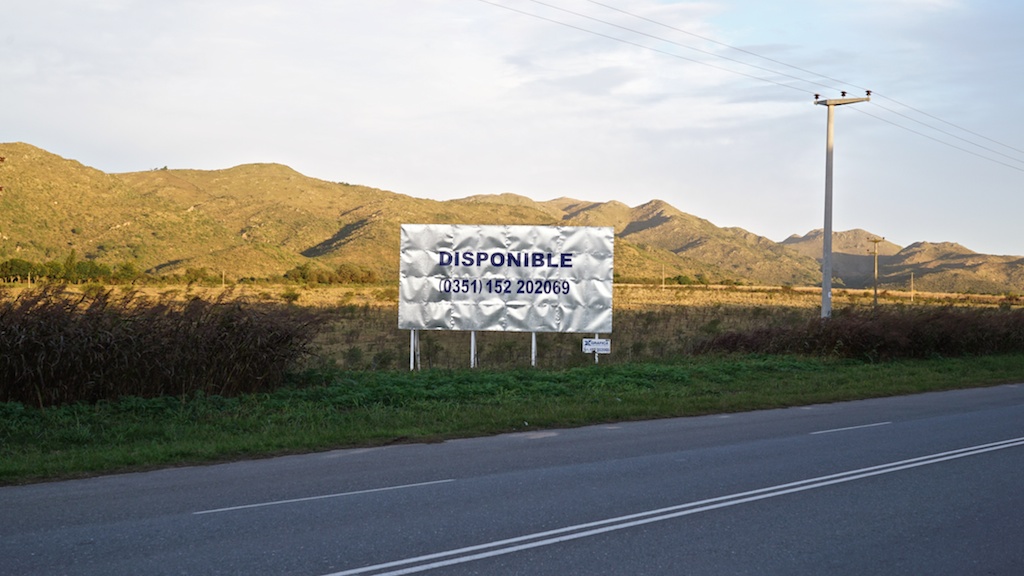

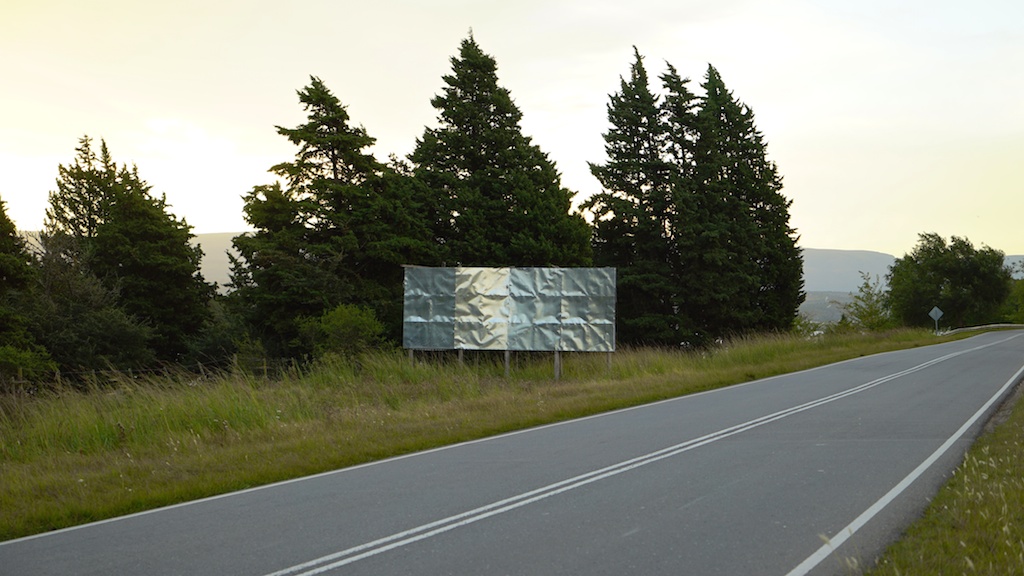
LOUIS-JACK HORTON-STEPHENS


RONNIE’S GREAT ESCAPE
It’s the quarterfinals of the 2008 Grand Prix Tournament and Ronnie ‘The Rocket’ O’Sullivan – believed by many to be snooker’s greatest ever player (see his Wikipedia page if you want to know why) – finds himself pitted against the young upstart Judd Trump, who at only 18 has been heralded as the future of snooker.
Both were child stars of the game, ‘born naturals’. Ronnie at 15 years of age held the record for youngest player to achieve a competitive 147 (snooker’s maximum score and one of the only examples in sport (and life) of perfection) but lost this crown to a 14-year-old Trump. On the surface these two figures might look similar – they both play an aggressive attacking game, both are prolific break-builders, and both were child prodigies – but they are anything but. The handover of this title is indicative of a quiet revolution of professionalism sweeping all fields of work. When Ronnie achieved his first competitive 147 at the age of 15 it was an unheard of feat. Since then, the age has been dropping as more young children are raised to fit a highly professional mould from a staggeringly young age and Trump is the embodiment of this new type of player. His fashionable haircut and spiky shoes suggest a radical, counter-culture attitude in an outwardly stiff sport of bow ties, waistcoats, and hushed arenas – but it’s all a pretence. He is dull and boring and knows nothing beyond the angles of balls across baize. Ronnie, on the other hand, is the last of the old school; his unrivalled natural ability combined with a troubled upbringing have bestowed him with a mercurial temperament that never keeps him far from controversy. The flip side of this temperament is that he plays the game to a higher standard and with more feeling than anyone else in history (except perhaps the late, great Alex Higgins).
—
Frame four is turning out to be a closely fought contest until Trump lands O’Sullivan in a very nasty snooker. Actually “nasty” is a massive understatement; it’s downright diabolical, and Trump, sat so smugly in his sea, knows it. O’Sullivan comes to the table and doesn’t even give his opponent a courtesy tap on the table; in this mind game, they’re playing he’s not showing him one glimmer of recognition or respect.
Twice he tries the shot off of the two cushion escape only to find the white ball to be sliding off the top cushion. Although there are simpler ways of hitting the green, Ronnie is trying to ensure that he doesn’t leave a pot on for Trump. After two missed attempts most would now concede defeat, happy to simply hit the green and hope for the best. Not Ronnie.
The Rocket then performs a piece of magic. The shamanistic miracle begins with 15 backward steps around the 12ft x 6ft table, one step for each of the foundational red balls. During these paces, Ronnie finds a shot that no one else has seen or dismissed instantaneously for being impossibly difficult – a 5 cushion escape. Just the foresight, the ingenuity, the creativity required to even see that shot is truly remarkable, but what we witness next is virtuosity at the highest level. Impossibly, unbelievably, Ronnie plays the shot and with perfect pace, timing, spin and micro-millimeter judgement over more than 24 feet of table. He not only escapes the snooker but puts the green safe – first attempt!
The escape is so unbelievable that most would dismiss the shot as a fluke, and if this was any other player on the circuit you’d probably be justified in thinking that, but this is Ronnie O’Sullivan. This is the man who has single-handedly rewritten the textbook on what is physically possible to achieve with a cue. (That’s not quite true, he plays equally well with his left hand. At a young age, he was so much better than his opponents, he grew restless and looked for a new challenge. He switched hands and before long he was beating everyone left-handed too). And whilst it’s true that Trump snookers him again straight afterwards, and true that Ronnie went on to lose the match, saying that this shot is a fluke is like saying that John Cage’s prepared piano solos are works about chance.
Ronnie’s escape is both unhinged and restrained, too calculated to be a stroke of good fortune. It’s really about all the practiced dexterous innovative beautiful artful haptic human things. It’s about hundreds of thousands of hours of spent mastering one of the hardest, most skillful games that humanity ever dreamt up. And it’s about years of Vitamin D lost in sunlight-deprived snooker halls, and about practice makes perfect, and about becoming a mechanical being at one with your tool, and about the entire history of “homo faber” – “man the maker” – in one split-second moment. And it’s about a harmony between cold mechanisation and what it means to be a living, breathing, feeling, emotional, unreliable human being. And about that moment you wept in your chair as that tap dancer performed with so much passion and technical poise you thought it couldn’t be real. And it’s about harnessing the adrenaline rushing through your fingertips that constantly tries to knock you off kilter, and about controlling your nerves in front of a baying crowd in a do or die situation, and about surviving that, and about getting life under control, and about trusting yourself with utter confidence despite all the shit you’ve been through. And it’s about Ronnie somehow channeling all of his raw emotion into a single fluent moment, and about forgetting all the pain he felt when his dad was locked up for murder, and still missing him like hell 16 years later, and about the moment he forgave his mum for being jailed despite already having an absent father. And it’s about Hercules’s capture of Cerberus, and about Stalker getting out of the zone alive, and about Steve McQueen’s flying Triumph T60. And it’s about battling through depression even when it seems hopeless, and about returning to the game after throwing in the towel because you realise it’s the only thing you have, and about somehow finding solace on this piece of green cloth stretched over heavy flat slate. It’s about quadruple vodkas and cocaine and despair and turned ash wood, and about the long-gone days of focused effort when going for your first-century break. It’s about wanting to be a young world champion genius of the game again, and knowing that this shot was the best possible thing you could do in this given moment.
Ronnie is not best known for his safety game or his resolve to come back from behind. He chooses this high-risk dangerous shot, I think, because he wants to put it all on the line, because he wants to give us a glimpse into his fragile soul. But if he finds the exact right angle on the cushion and hits the cue ball with just the right amount of delicate pace, the ball will dance across the table, saluting every cushion along the way, and very subtly the crowd, the players and the game will recede and we will be left with a perfect equation for hope and beauty; a secret like Fermat’s that might take the rest of us centuries to ‘solve’ and still leave us questioning. He travels through the cue, into the heart of the ball and holds it in his hand like a small bird – tight enough to stop it flying away but not tight enough to damage its fragile wings – and then, despite all the obstructions blocking his path, he trusts himself to carefully place it exactly where it needs to be. That’s what this shot is – it’s the escape of his whole life.